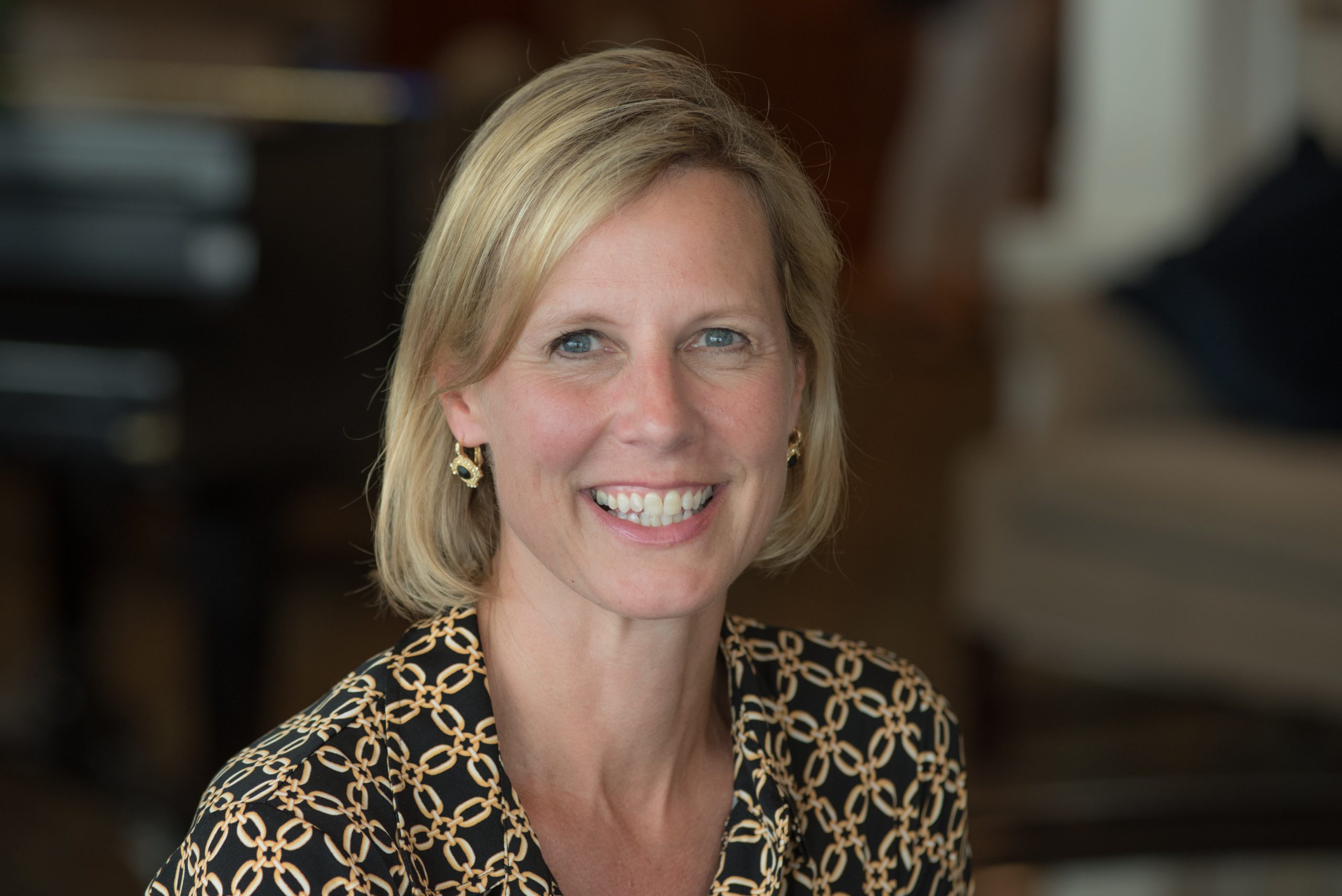Melinda L. Irwin is the Susan Dwight Bliss Professor of Epidemiology and Associate Dean of Research at the Yale School of Public Health, Deputy Director of the Yale Cancer Center, and Deputy Director (Public Health) in the Yale Center for Clinical Investigation. Nationally, Professor Irwin co-leads the SWOG Cancer Research Network Cancer Survivorship Committee. In 2018, Professor Irwin completed the yearlong Hedwig van Ameringen Executive Leadership in Academic Medicine (ELAM) Program.
Professor Irwin is a prominent leader in the field of cancer prevention and survivorship research. Her research over the past 20 years has focused on randomized trials of exercise and weight loss on biological markers, treatment side effects and quality of life in people with diagnosed with cancer. She has received funding from the National Institutes of Health, American Cancer Society, Breast Cancer Research Foundation, American Institute for Cancer Research, Komen for the Cure, and Livestrong Foundation. She is currently leading an NCI-funded clinical trial examining the impact of nutrition and exercise on improving chemotherapy completion rate, endocrine therapy adherence, biomarkers, body composition and quality of life in women beginning chemotherapy for breast cancer, and also leading a newly funded NCI U01 trial of exercise and nutrition on treatment outcomes in women newly diagnosed with ovarian cancer.
Professor Irwin is committed to training the next generation of scientists. She is currently leading an NCI T32-funded Cancer Prevention and Control Training Program for pre- and post-doctoral fellows, and an NCI R25-funded Transdisciplinary Research on Energetics and Cancer (TREC) Training Program for early career investigators. At Yale, Professor Irwin has advised, mentored and trained over 100 trainees.
When/where do you get your best research ideas?
Often when I am exercising or taking a walk. I get a spark of an idea, then I type it out before I forget and email it to our research team. We then discuss during our weekly team meeting.
Which failure(s) changed you the most?
I was a pre-med student in college, but at the end of my freshman year, my mom died of breast cancer and my grades suffered. My advisor said I had no chance of getting into medical school. I had to pivot; I took a nutrition class, an exercise physiology course, and a human anatomy course. I was fascinated by lifestyle factors and health outcomes. I went to graduate school and my mentor was an Epidemiologist. I focused on methodological issues in assessing lifestyle behaviors. But I also wanted to focus on cancer epidemiology, which led to my postdoctoral fellowship in cancer prevention, to learn how to do clinical trials. This training by the best mentors in the world led me to have a 20+ year career thus far, doing research on lifestyle factors and cancer outcomes.
What is an event that changed your life?
The birth of my two sons. I love being a mother.
What is the next big thing in cancer prevention research?
A vaccine to prevent breast cancer. And for treatment, perhaps re-examining how we dose chemotherapy, which is currently via body surface area. What about dosing on lean body mass? Yet, what might have the biggest impact on preventing certain cancers is creating structural/systems/policy changes, to make it easier to be physically active and eat healthily.
What is your favourite paper that you’ve published in the last 5 years (the one you’re most proud of)?
Our recent paper published in the Journal of Clinical Oncology. This was an incredible team effort. We conducted a randomized trial of our lifestyle, exercise and nutrition (LEAN) intervention, in women newly diagnosed with breast cancer initiating chemotherapy. This examined the effect of the LEAN intervention on treatment outcomes. Women randomized to the intervention were able to increase their diet quality and exercise during chemotherapy (via counselling sessions with our registered dietitians, who were also certified in oncology nutrition and exercise science).
The improvements in diet and physical activity led to an improved pathologic complete response (pCR). However, this was a secondary aim and could have been a chance finding. Thus, we are currently developing a study to examine pCR as the primary outcome, along with tissue and serum biomarkers. If we can show that lifestyle factors improve biological markers of prognosis, hopefully more resources will be made available to patients diagnosed with cancer, to help them eat more healthily and to be more physically active.
What is one of the best or most worthwhile investments you’ve ever made?
Getting our dog during the pandemic. We never thought we would have a pet, but I am so happy we got Oakley. Seeing him get excited by a squirrel or deer or when he rolls on the grass or gives me his paw – it’s just so sweet.
In the last five years, what have you become better at saying no to? What new realisations and/or approaches helped?
I am still working on saying no; I’m not quite there yet.
When you feel overwhelmed or unfocussed, what do you do?
I try to accomplish one thing, even if small, so I feel just slightly less overwhelmed. I go for a walk. But most importantly, I really try to put everything in perspective that I am healthy, happy, and fulfilled, and that hopefully the work I am doing is making even a tiny impact in the grand scheme of things.
The views expressed are those of the author. Posting of the blog does not signify that the Cancer Prevention Group endorses those views or opinions.

